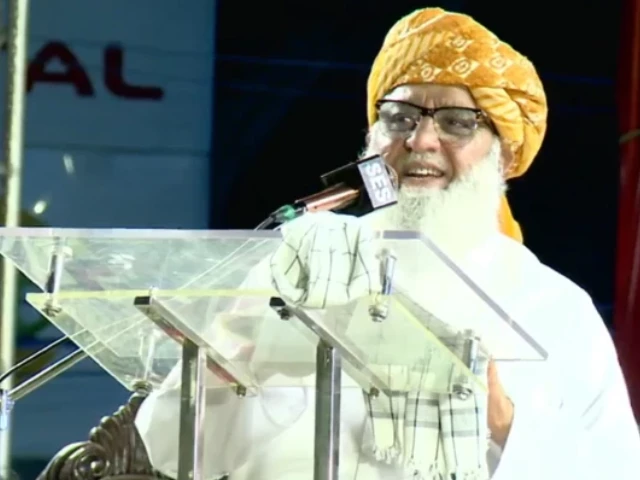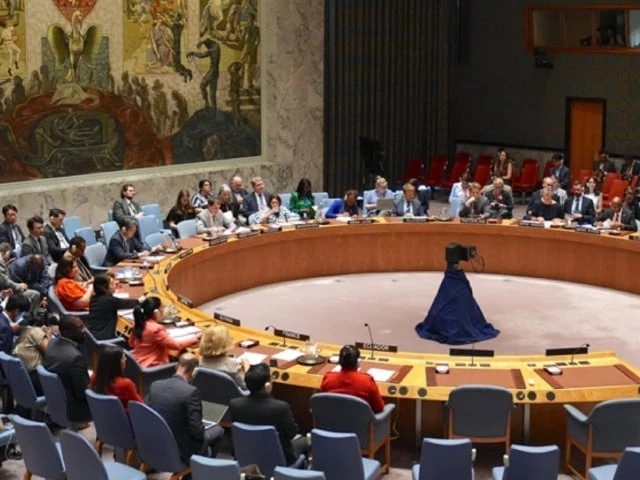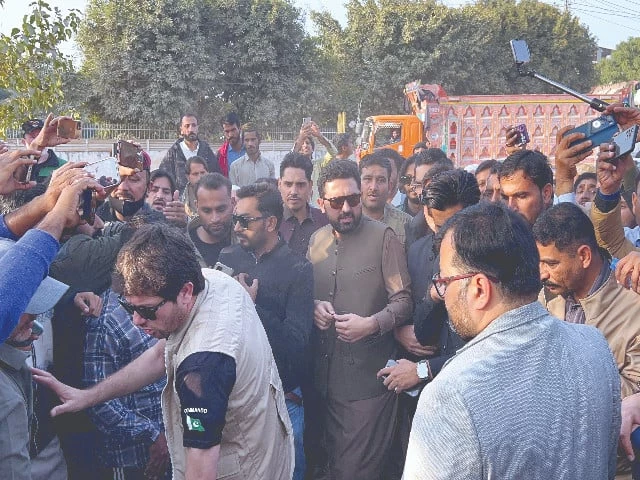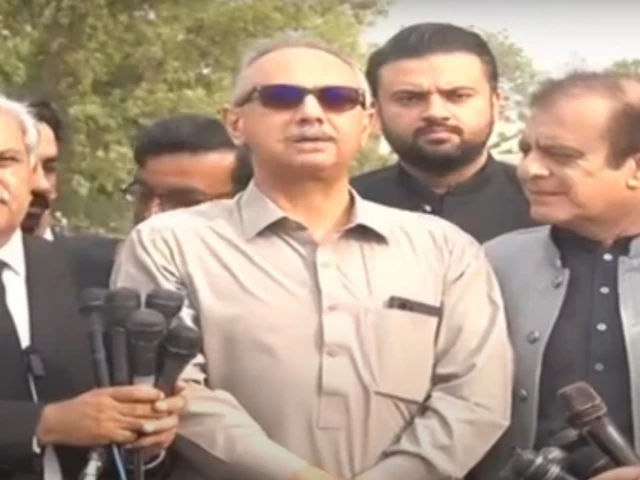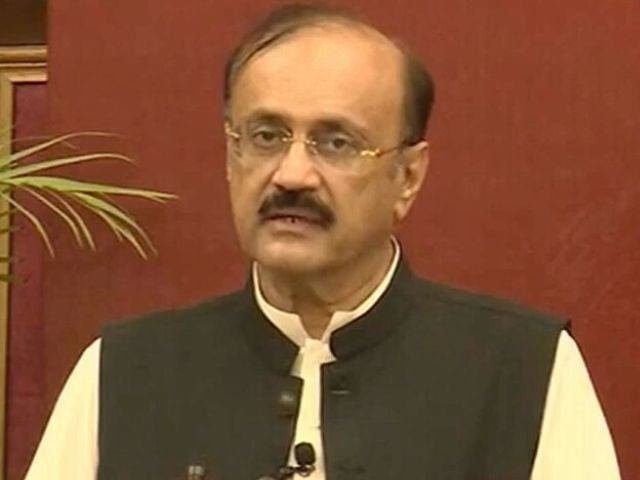Building Bridges: The Significance of the Pakistan-Saudi Strategic Defense Agreement
Recent headlines have echoed the sentiment of unity among Islamic nations, especially with Jamiat Ulema-e-Islam (JUI-F) Chief Maulana Fazlur Rehman’s warm reception of the new defense agreement between Pakistan and Saudi Arabia. This pact is more than just a document; it symbolizes a shift towards collaborative security strategies for countries sharing common interests and challenges.
At a gathering marking the end of the Sindh Peace March in Karachi, Fazl emphasized that this agreement reflects a necessity for a united defense approach. “This defense agreement is in line with our ideology and manifesto,” he declared, advocating for a collective strategy among Muslim states to enhance regional stability.
The JUI-F leader is not just addressing national concerns; he is channeling a larger vision that resonates with many. He called upon Muslim nations to put aside differences that hinder unity, arguing that a united front is crucial for tackling common adversities. “Now both countries must step forward and lead the Islamic world,” he remarked, inviting nations to collaborate more closely.
Fazl’s sentiments echo the growing dialogues in the Arab and Islamic regions, including notable events like the Doha conference, which he described as essential for enhancing Islamic solidarity. “The Arab-Islamic summit in Doha was a positive start for Islamic unity,” he pointed out, underscoring the importance of taking meaningful steps toward forming a cohesive block among Muslim nations.
Historically, unity in the Islamic world has been a central theme in Fazl’s discourse. He acknowledges that until Muslim states resolve internal conflicts, external forces may continue to undermine their sovereignty. He has consistently advocated for a collaborative bloc, stressing the importance of mutual support among Islamic countries to achieve any real progress.
Turning the focus to broader humanitarian issues, Fazl’s commitment to the Palestinian cause serves as a focal point in his speeches. He reiterated Pakistan’s longstanding policy that views Israel’s presence in Palestinian territories as illegitimate, emphasizing the need for unwavering support for Palestine across all global platforms. “Any form of flexibility or compromise would only strengthen Israel’s position,” he warned, marking a strong stance on an issue that resonates deeply with many in Pakistan and across the Muslim world.
His acknowledgment of local activists who are joining humanitarian efforts, like those participating in flotillas to Gaza, demonstrates a commitment to social justice and highlights the importance of grassroots movements. “Some of our youth joined the flotilla to Gaza — we salute them. They represent our nation’s concern,” he said, amplifying the voices of those advocating for change.
However, it’s not all smooth sailing. Fazl voiced his concerns about the security situation within Pakistan, particularly in regions like Khyber-Pakhtunkhwa and Balochistan, where violence and disappearances reign. He pointed out the pressing need for peace, emphasizing that the JUI-F is a voice for the oppressed, standing firmly against injustices.
In conclusion, as we look towards the future, the proactive steps taken through this defense agreement could pave the way for a more unified Islamic front. The journey is filled with challenges, but the resolve to maintain peace and promote solidarity remains strong. For those looking to stay connected and informed about such movements and ideas, consider engaging with platforms like Pro21st, where discussions about unity and progress in the Islamic world are encouraged.
Together, let us hope for a future where mutual respect and cooperation redefine our approach to global challenges.
At Pro21st, we believe in sharing updates that matter.
Stay connected for more real conversations, fresh insights, and 21st-century perspectives.

